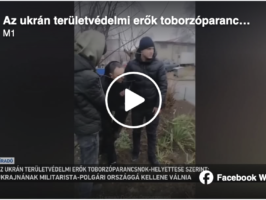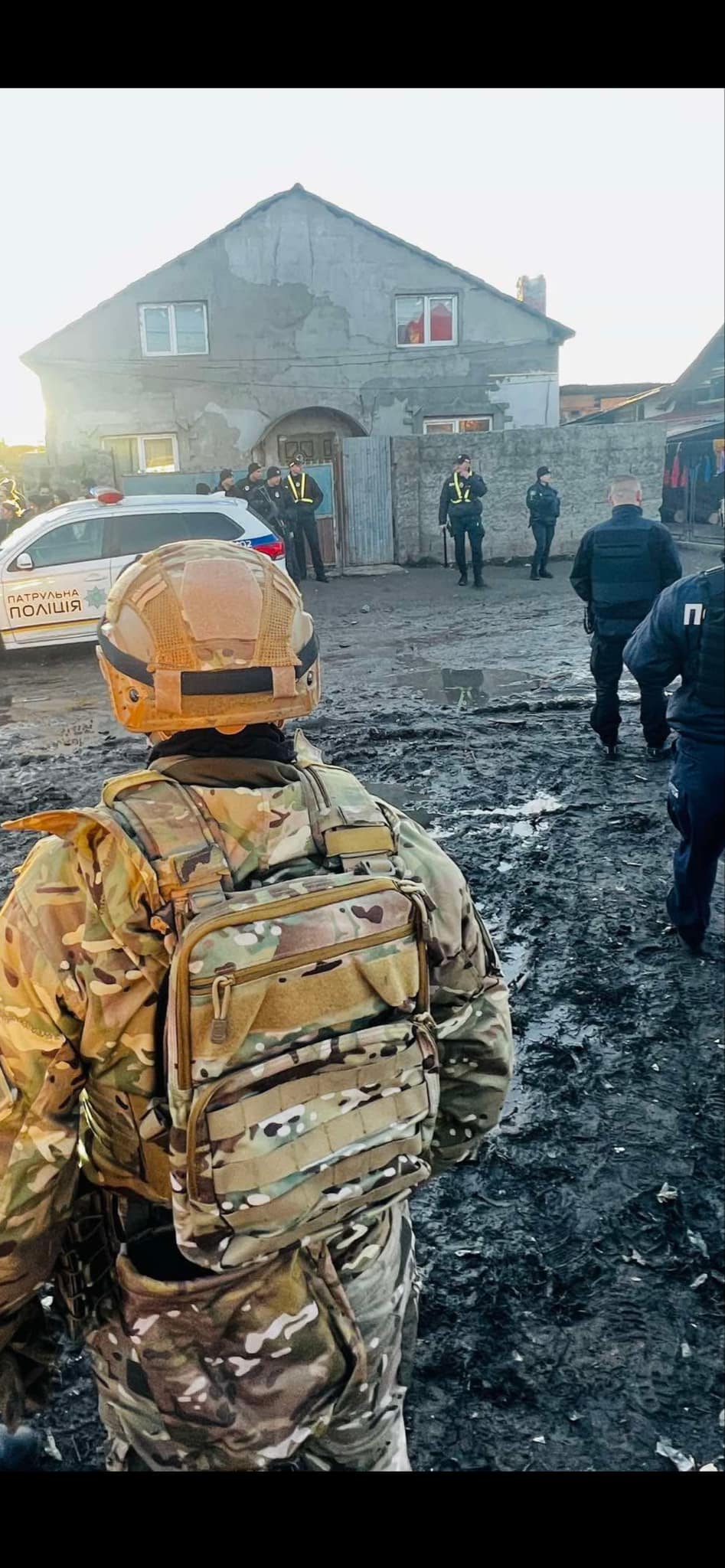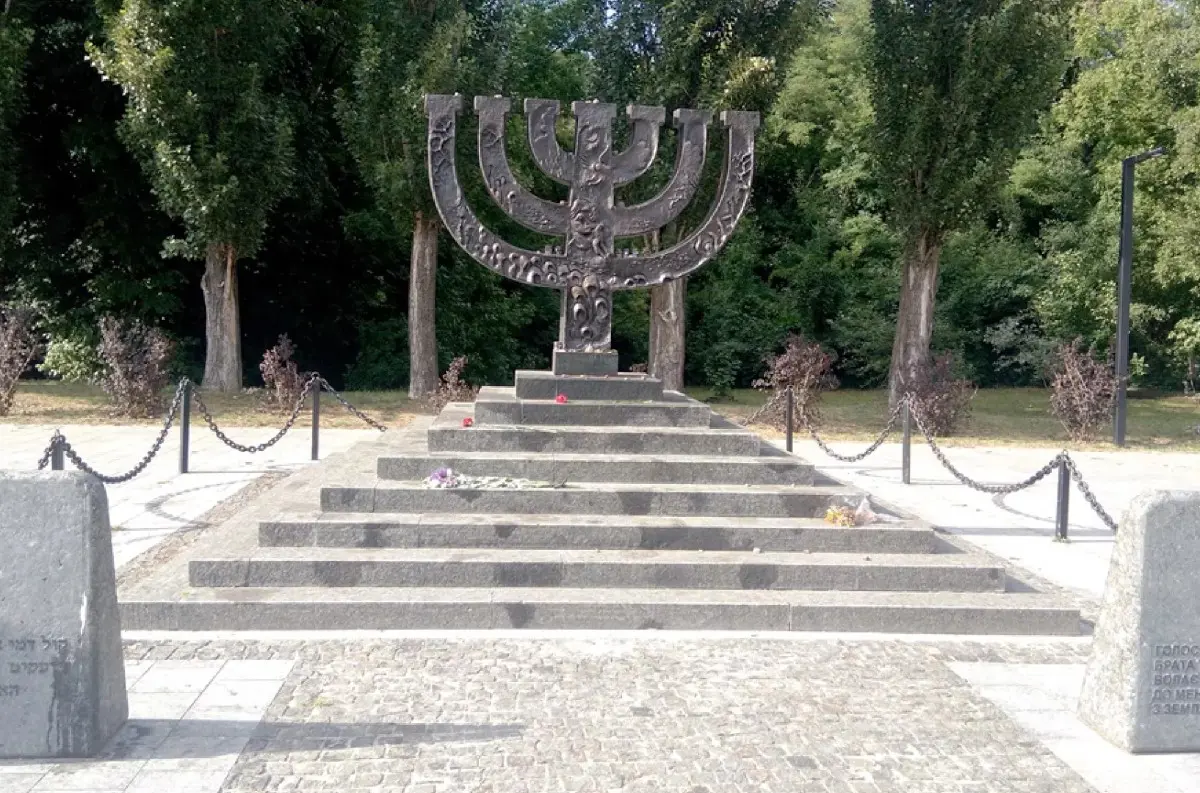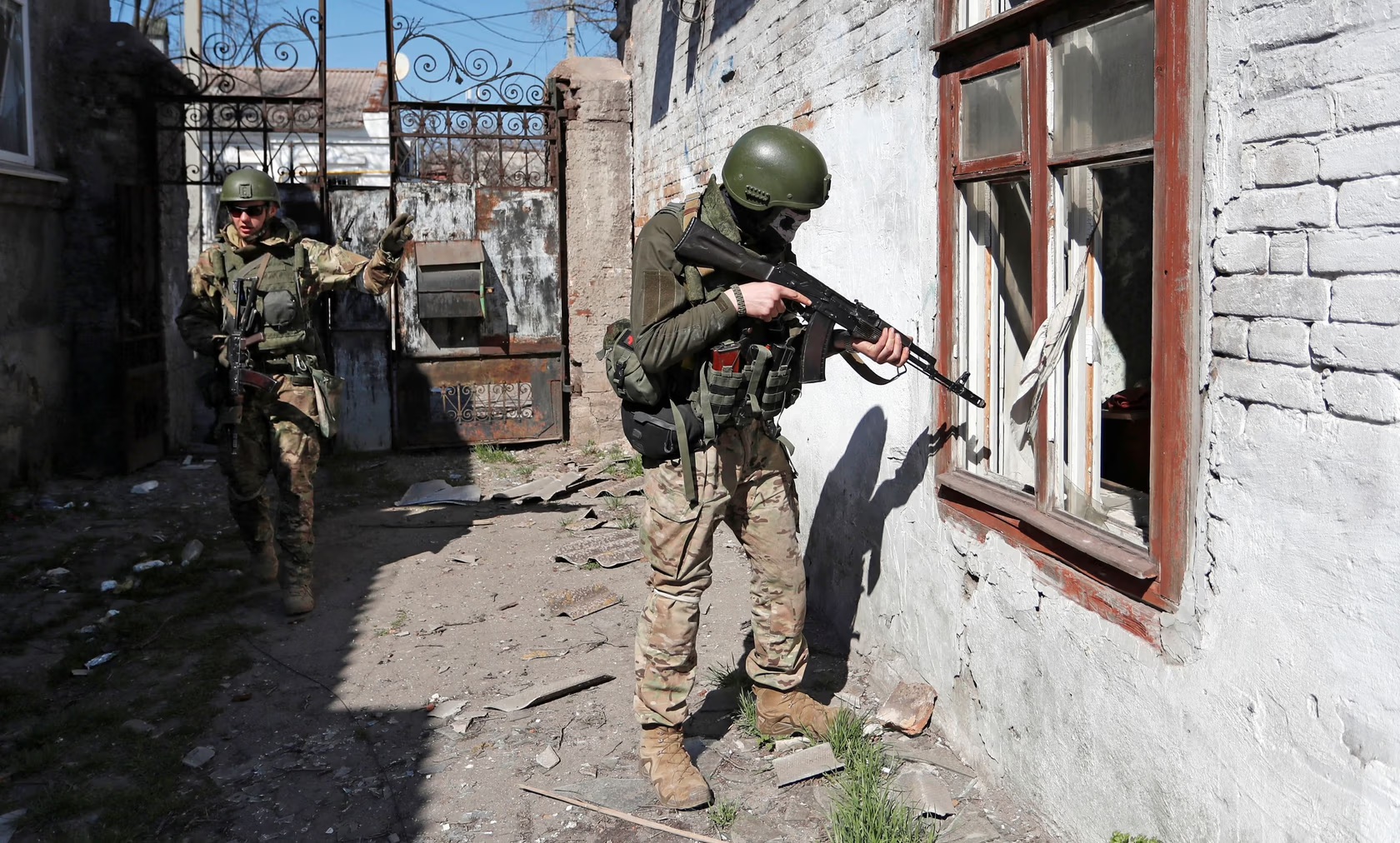News on the Hungarian TV about the current raids on Roma settlements in Transcarpathian Ukraine. According to the news, “even the sick and half-blind are being dragged to the front, and companies do not have enough workers to carry out their tasks”.
https://www.facebook.com/watch/?mibextid=WC7FNe&v=1413523512949840&rdid=DZ3sqqoCElq7Lwes
Az ukrán területvédelmi erők toborzóparancsnok helyettese szerint Ukrajnának militarista polgári országgá kellene válniaUkrajna mindeközben egyre nagyobb bajban van. Már a betegeket és a félvak embereket is elhurcolják a frontra, a vállalatoknál pedig nincs elég munkaerő a feladatok ellátásához. Egyre kegyetlenebb kényszersorozás zajlik az országban. Az ukrán területvédelmi erők toborzóparancsnok-helyettese azt mondta, hogy a háború után megfosztják az alapvető állampolgári jogoktól azokat, akik nem szolgáltak a hadseregben és felelős állást sem tölthetnek be.
Posted by M1 on Wednesday 29 January 2025





